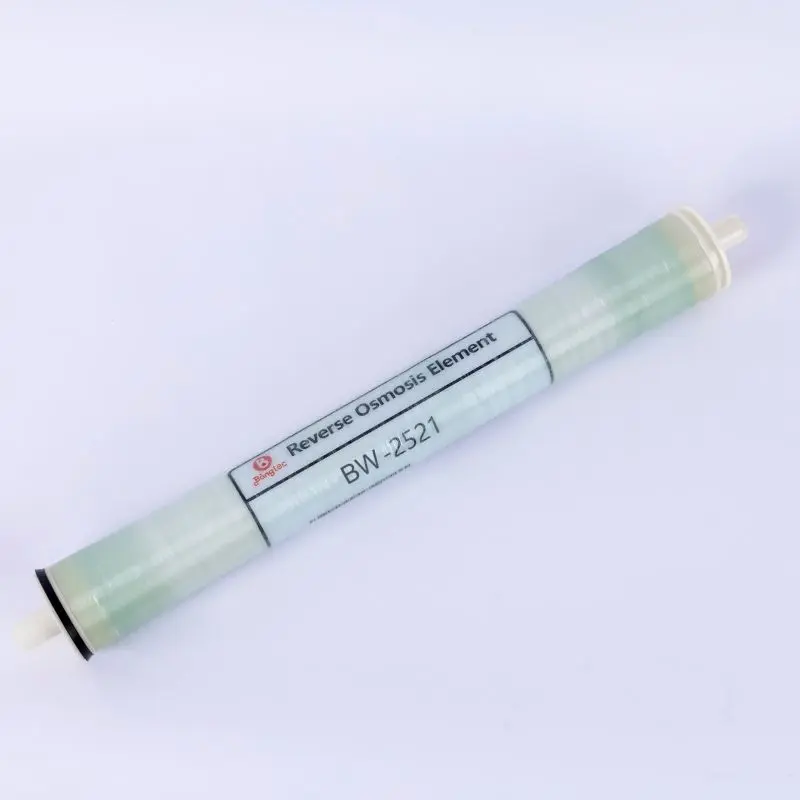The commercial reverse osmosis (RO) membrane industry has been undergoing significant developments, marking a transformative phase in the way water purification and desalination systems are designed, manufactured and used in a variety of commercial and industrial applications. This innovative trend is gaining widespread attention and adoption for its ability to improve water treatment efficiency, durability and sustainability, making it the first choice for businesses, municipalities and water treatment facilities.
One of the key developments in the commercial reverse osmosis membrane industry is the integration of advanced membrane materials and engineering technologies to improve performance and longevity. Modern reverse osmosis membranes are designed using high-quality membrane composite materials with excellent pollutant suppression capabilities, high water permeability and pollution resistance. Additionally, these membranes are engineered with precise membrane element construction and advanced membrane chemistry to ensure optimal water purification, reduced energy consumption and extended service life in demanding commercial water treatment applications.
In addition, concerns about sustainability and water conservation have driven the development of reverse osmosis membranes, which help reduce water waste and environmental impact. Manufacturers are increasingly ensuring that commercial reverse osmosis membranes are designed to minimize wastewater volumes, increase recovery rates and improve overall system efficiency. The emphasis on sustainability and water conservation makes reverse osmosis membranes an important component of environmentally friendly and cost-effective water treatment solutions in commercial and industrial settings.
Additionally, the customization and adaptability of commercial reverse osmosis membranes make them a popular choice for a variety of water treatment applications and operating conditions. These membranes are available in a variety of sizes, configurations and retention capacities to meet specific water treatment needs, whether desalination, purification or wastewater treatment. This adaptability enables businesses, municipalities and water treatment facilities to optimize the reliability and performance of their commercial water treatment systems and address a variety of water quality challenges.
As the industry continues to make advances in materials, sustainability, and customization, the future of commercial reverse osmosis membranes appears promising, with the potential to further improve the efficiency and reliability of water treatment systems in different industries.

Post time: Apr-17-2024
